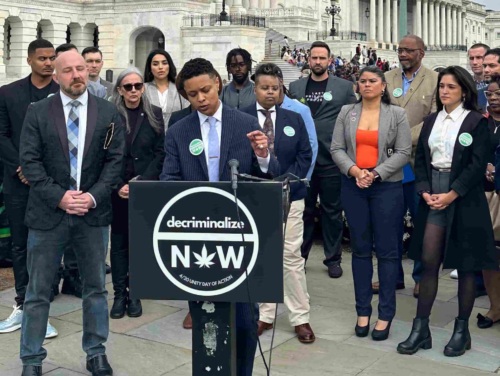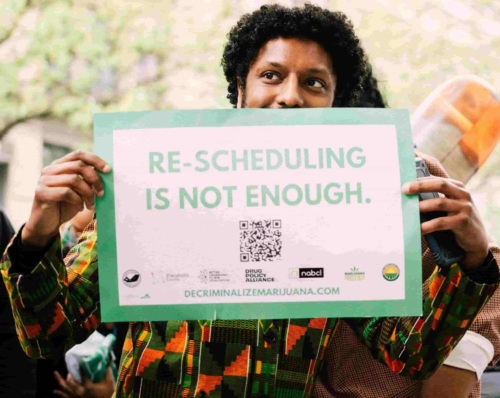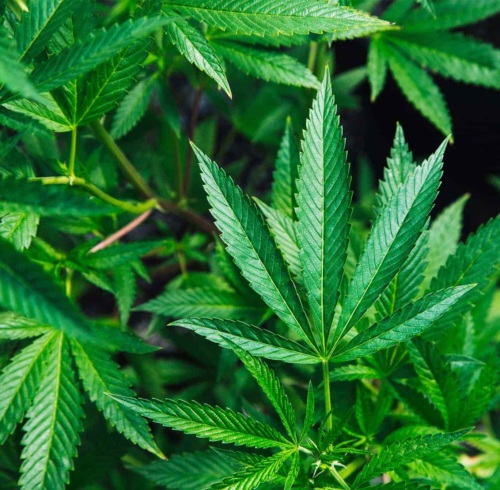Marijuana
We need a health approach to marijuana. Use the quick fact finder or arrow to learn more about marijuana, or download our marijuana factsheet.
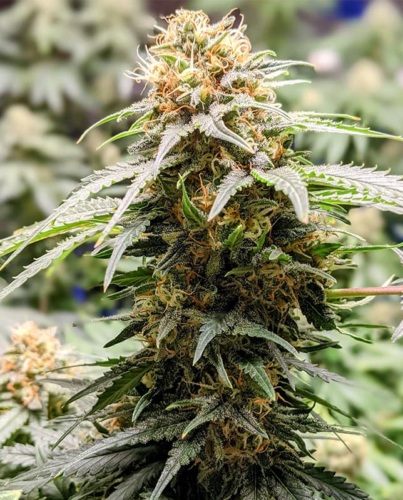
Marijuana legalization should prioritize public health, consumer safety, and justice for those harmed by criminalization. The Drug Policy Alliance supports reforms that benefit people’s wellbeing, not corporate profit.
“ In many states where cannabis (marijuana) is legal, large companies are putting profits ahead of health. Cannabis laws must protect consumer health and ensure that people who were devastated by criminalization benefit from legal markets.”
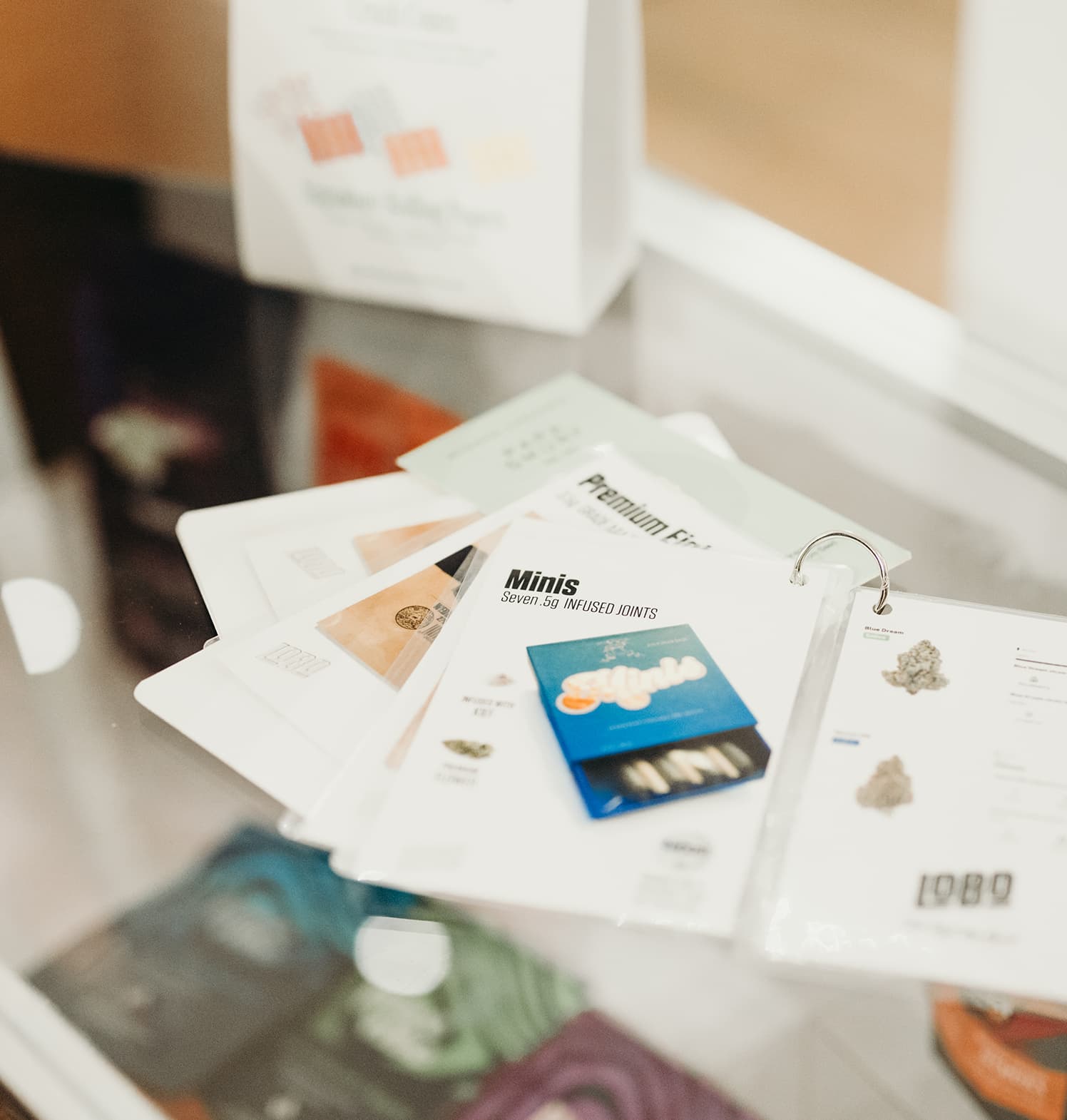
At a minimum, marijuana possession should be decriminalized. Ideally, marijuana should be legal at the state and federal levels as a regulated, adult-only, age-restricted consumer product.
Marijuana products should be clearly labeled with their THC level and standard dose. CBD and hemp products should be held to the same quality control standards as marijuana.
Young people need resources on the potential risks of using marijuana alone or mixing it with other drugs, driving while impaired, or using high-THC products.
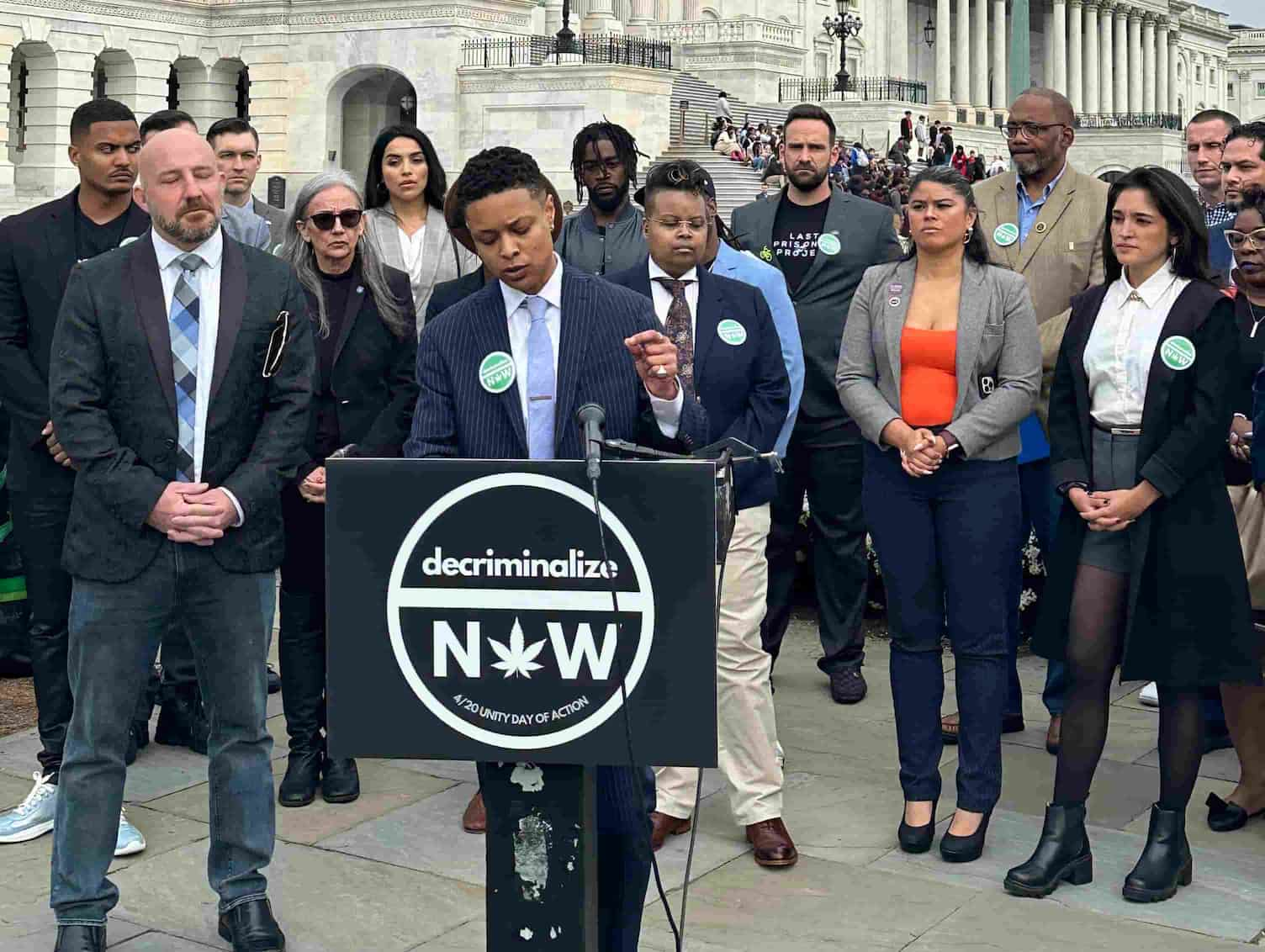
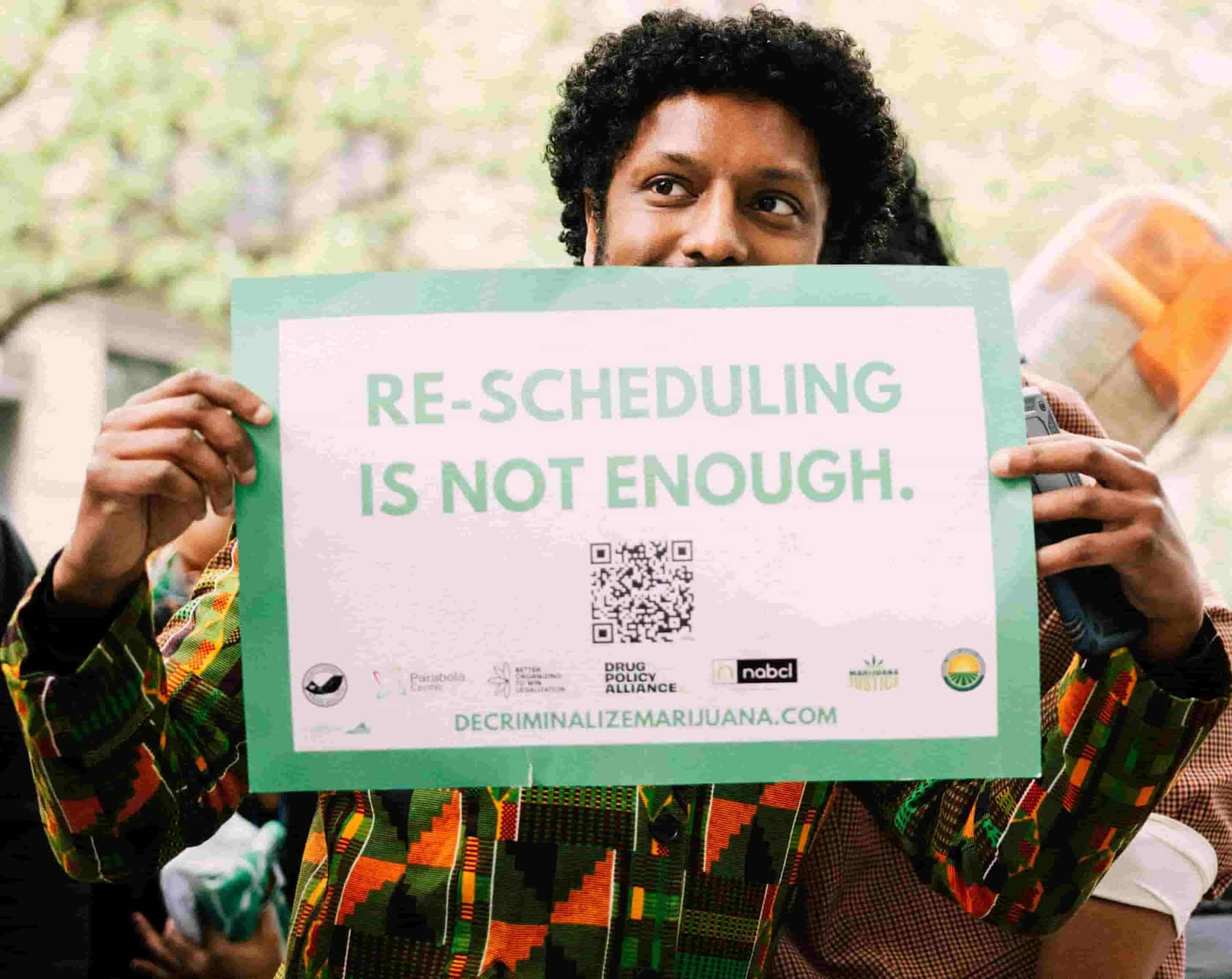
An overwhelming 88 percent of Americans support legalizing marijuana for medical or recreational use. As of January 2026, marijuana is legal in 40 states for medical use and 24 states for recreational use. Legalization has led to fewer arrests, improved medical access for patients, and more opportunities to clear past convictions, removing barriers to housing, jobs, and education.
Large corporations spend millions of dollars on lobbying to protect monopolies and push against reforms that could benefit consumers, employees, and small businesses. Commercial interests can also undermine public health. Consumers deserve accurate information to make informed decisions, yet misleading marketing and deceptive labels—driven by profit motives—make this increasingly difficult.
It’s unjust that corporate elites get rich doing the same thing that imprisons others and traps them in poverty. Black people, for example, are arrested for marijuana possession at 3.6 times the rate of white people, despite similar usage and sales rates across all races. Meanwhile, people facing financial hardship may turn to selling marijuana out of necessity, as it provides for their families when legitimate opportunities are scarce.
This corporate capture is deeply concerning. Lawmakers must refocus marijuana legalization on public health and equity, ensuring those most harmed by criminalization benefit from reforms.
State-level legalization only provides state protections. Individuals can still face federal charges for possession, manufacturing, and distribution. A federal charge can prevent someone from accessing housing, employment, and immigration benefits. This is because the Controlled Substances Act (CSA) classifies marijuana as a “Schedule 1” drug— the U.S. government has made it illegal, labeling it a drug with no accepted medical use. But people use marijuana for health issues like chronic pain, anxiety relief, or epilepsy. The scheduling of marijuana, like other drugs, is more about politics and stigma than it is about health.
It is long overdue that the President and Congress end federal marijuana criminalization by descheduling it or removing it from the CSA entirely.
The Drug Policy Alliance advocates for marijuana laws that benefit communities and individuals harmed by prohibition, while protecting public health and safety. Legalization has the potential to undo the harms of criminalization, create stable jobs, increase housing access, and expand health services.
We need a health approach to marijuana. Use the quick fact finder or arrow to learn more about marijuana, or download our marijuana factsheet.

Marijuana reform has produced many positive outcomes, new challenges and unintended consequences. Drug Policy Alliance organized a series of focus groups to gather more insights from a wide range of experts.
